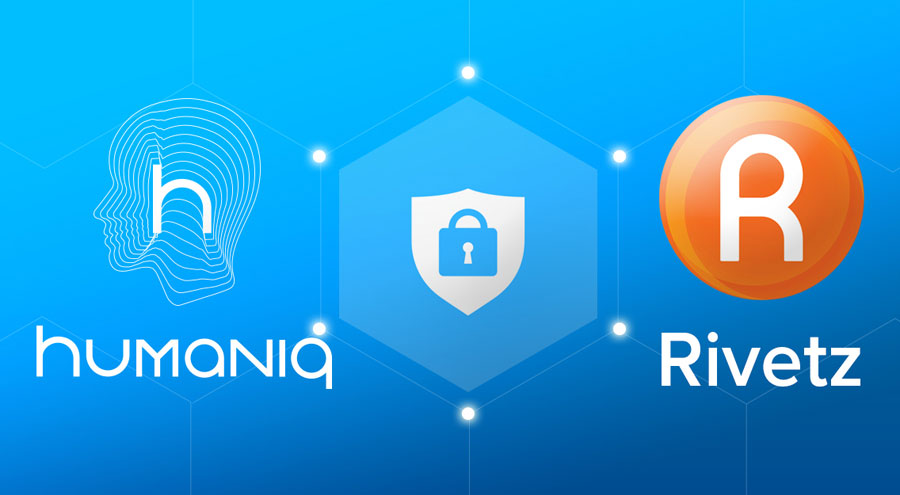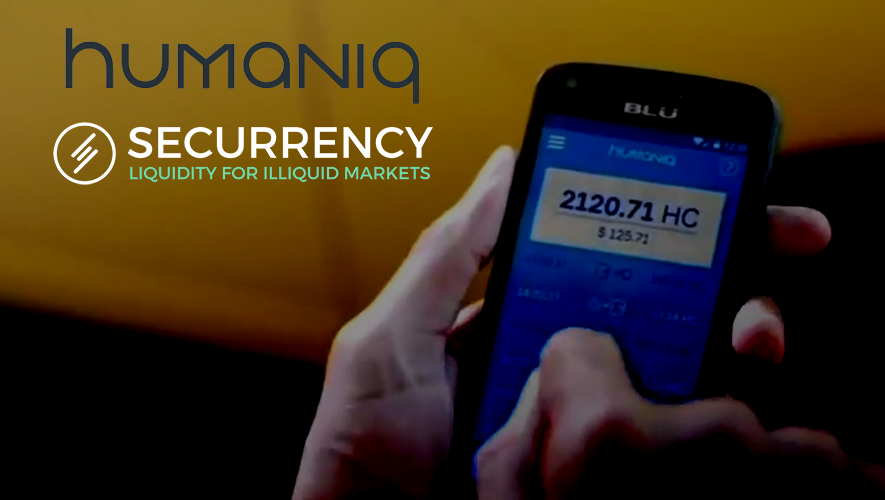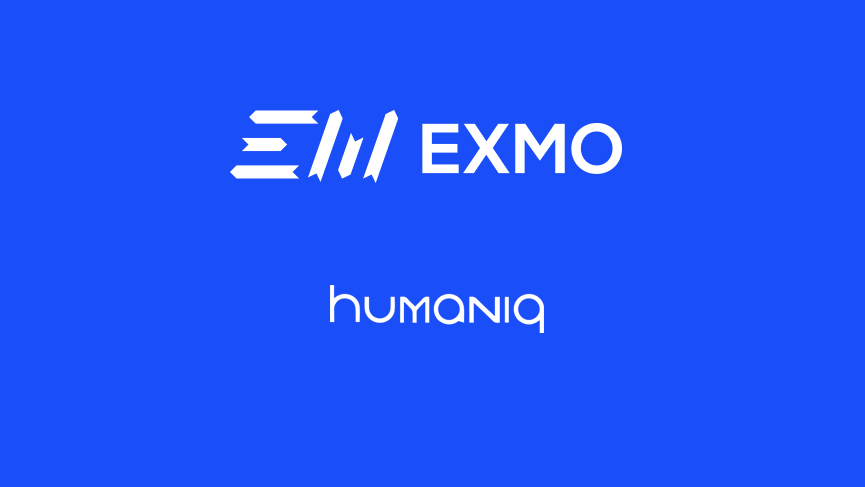London-based FinTech firm Humaniq today announces further improvements to its application with a new smart bio-identification system for outgoing transactions.
Humaniq recently announced additional bioID settings will as an extra safeguard be integrated into Humaniq app, which has already had over 100,000 downloads in the Google Play store. This technology allows the tracking of executed transactions to ensure they comply with users patterns of transactions.
This allows a specific behavioral pattern for every wallet activated in the app to be identified. If transactions are detected as not fitting this pattern for a user, Humaniq’s smart system will request further biometric identification data. The more transactions a user carries out, the more detailed and thorough the profiling of their wallet is.
The Humaniq team also reveals today that the total transaction volume has reached 400,000 HMQ in more than 250,000 transactions per month. With the introduction of an additional layer of biometric authentication, this means over 10,000 transactions will be totally secured from fraud, benefitting over 100,000 users of Humaniq App.
“We will never be satisfied with what we have achieved and we will always work towards enhancing the quality of our service and our users’ experience as we empower the unbanked. The Humaniq team continuously receives and analyses feedback from our community and we leave little possibility for any error, even a slight one, to occur.”
The measures announced today build on the high ratings Humaniq users have already given to the app for its superior safety features and high-security standards. The Humaniq community has responded positively to the current features in the Humaniq app: a wallet, secure messenger, live support chat, peer-to-peer transactions in African countries (Uganda, Senegal, Zimbabwe, Tanzania, and Rwanda) and P2P encryption for file- sharing and transactions.
Moreover, Humaniq earlier this year achieved the launch of the first ever working hybrid Blockchain, providing an inexpensive method to secure the network and allowing users to make small transactions with transaction fees close to zero.






















